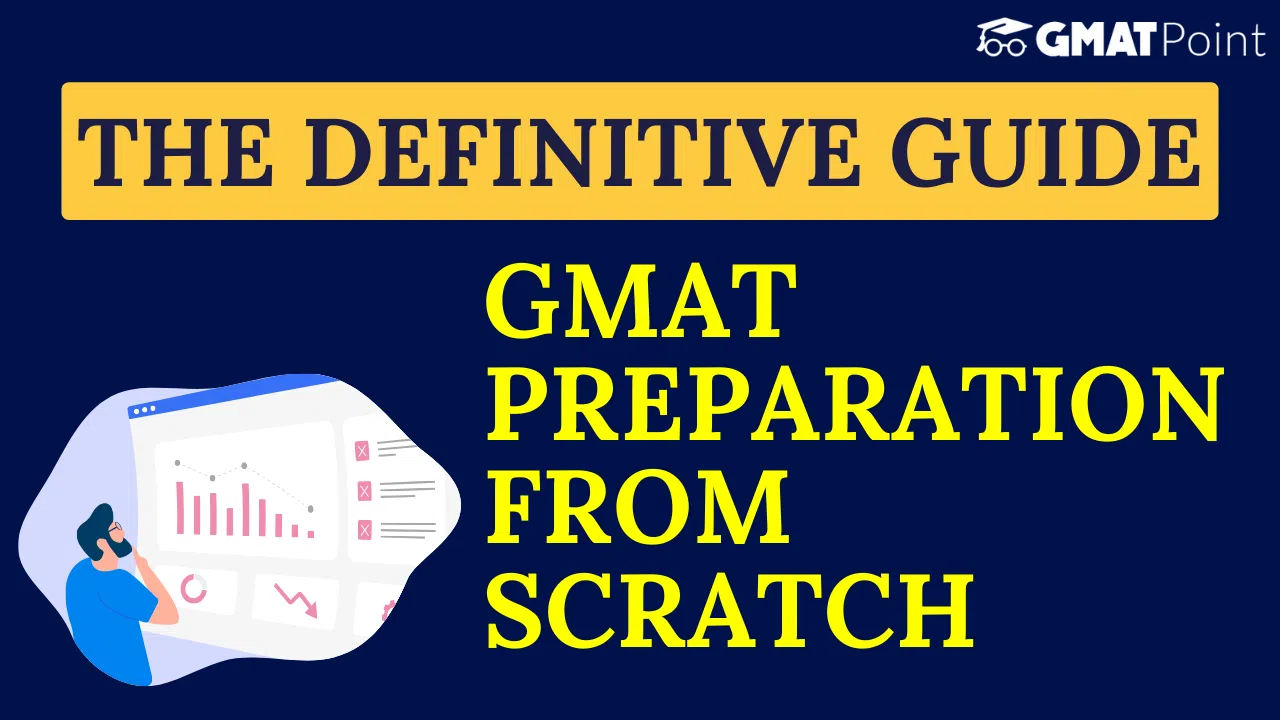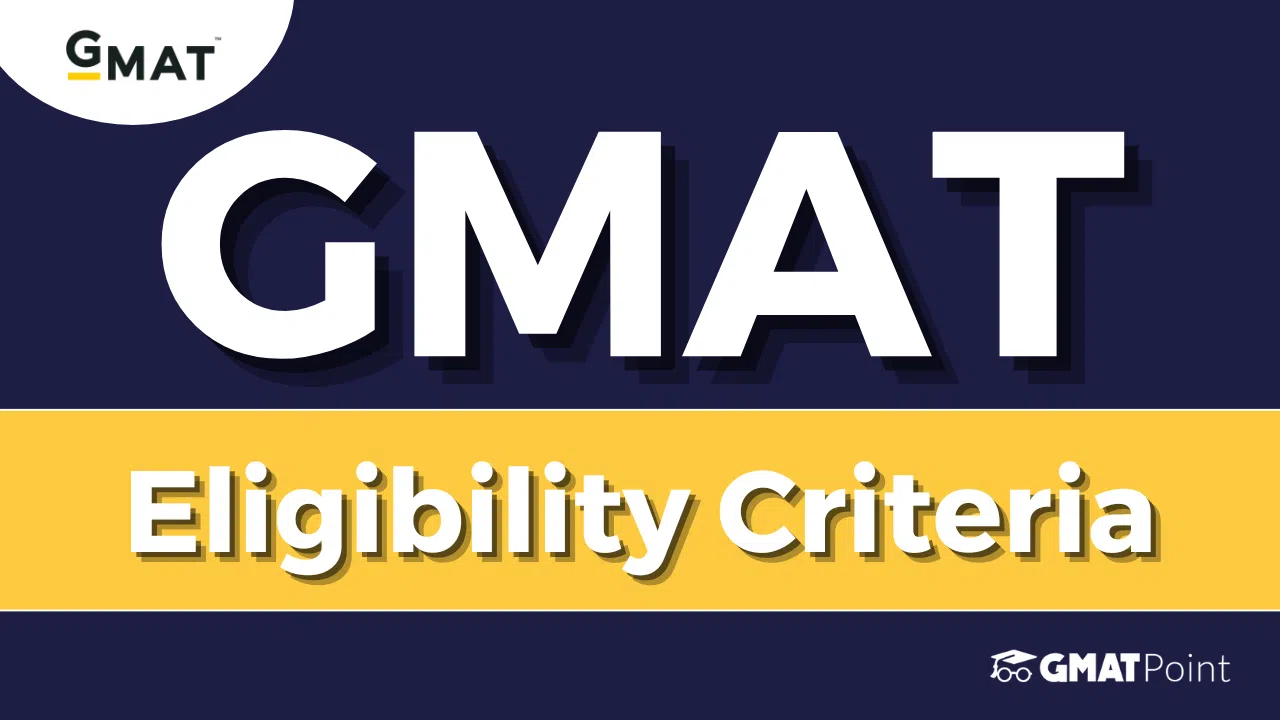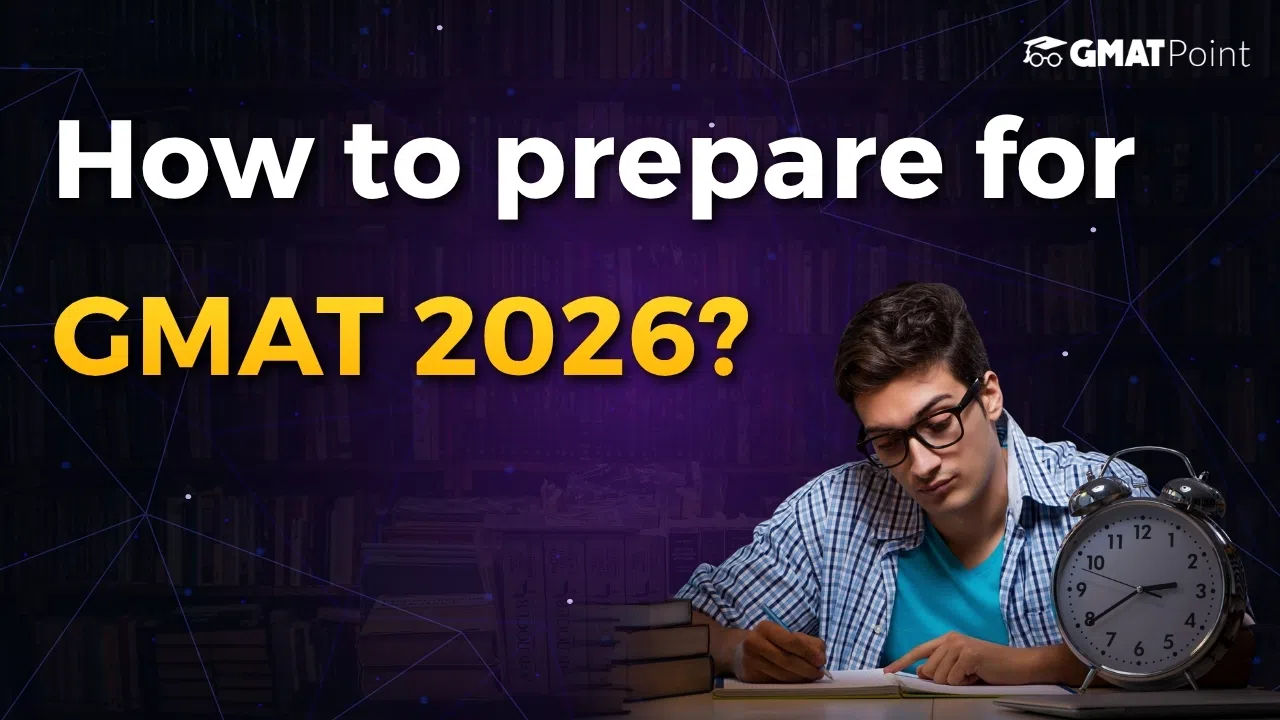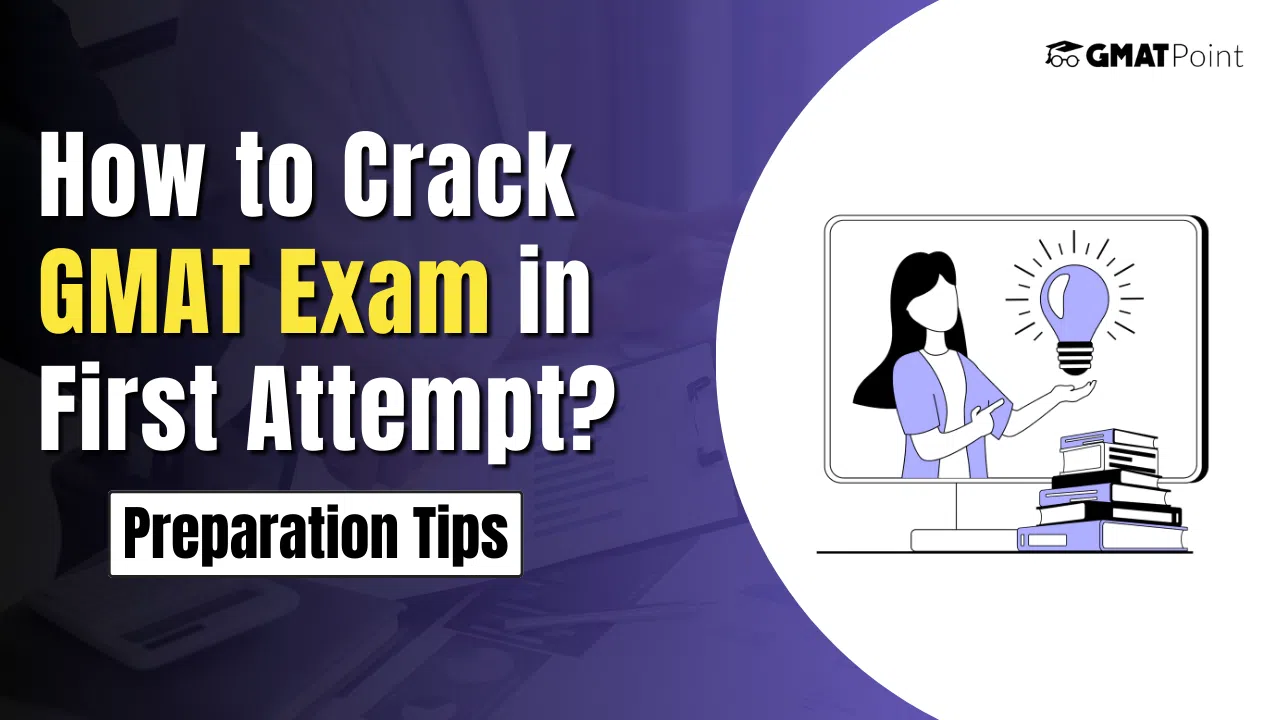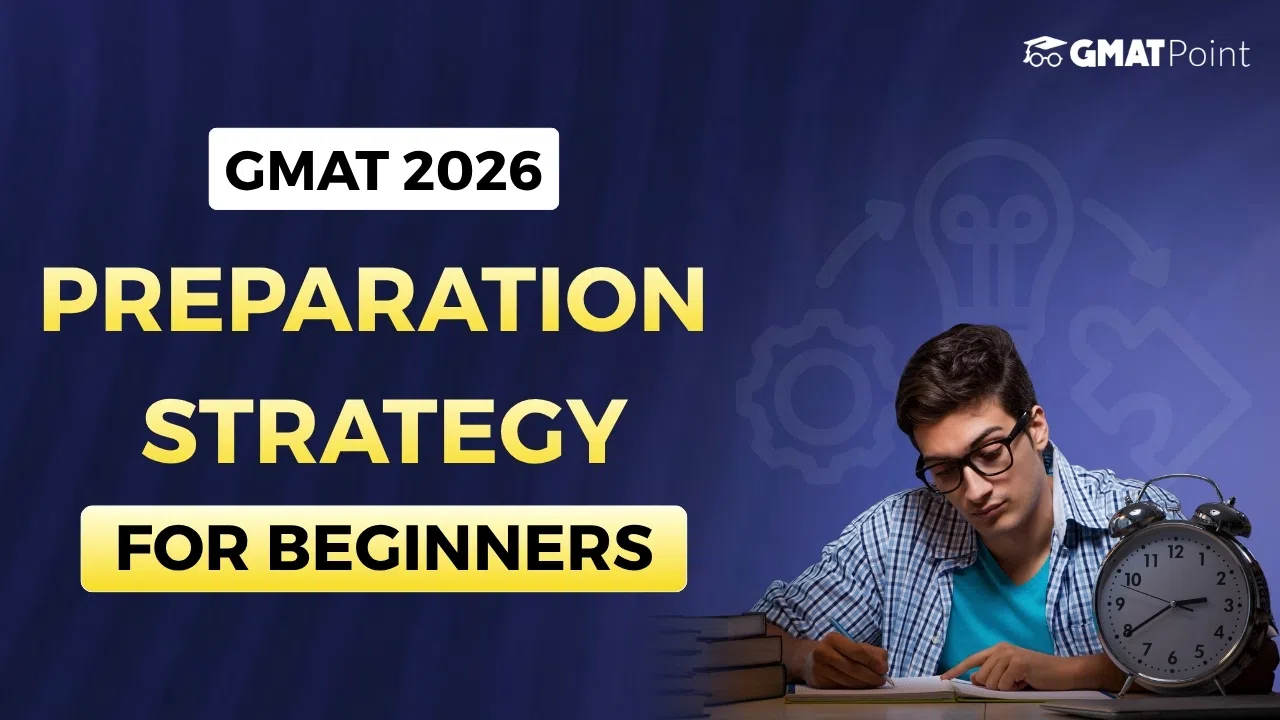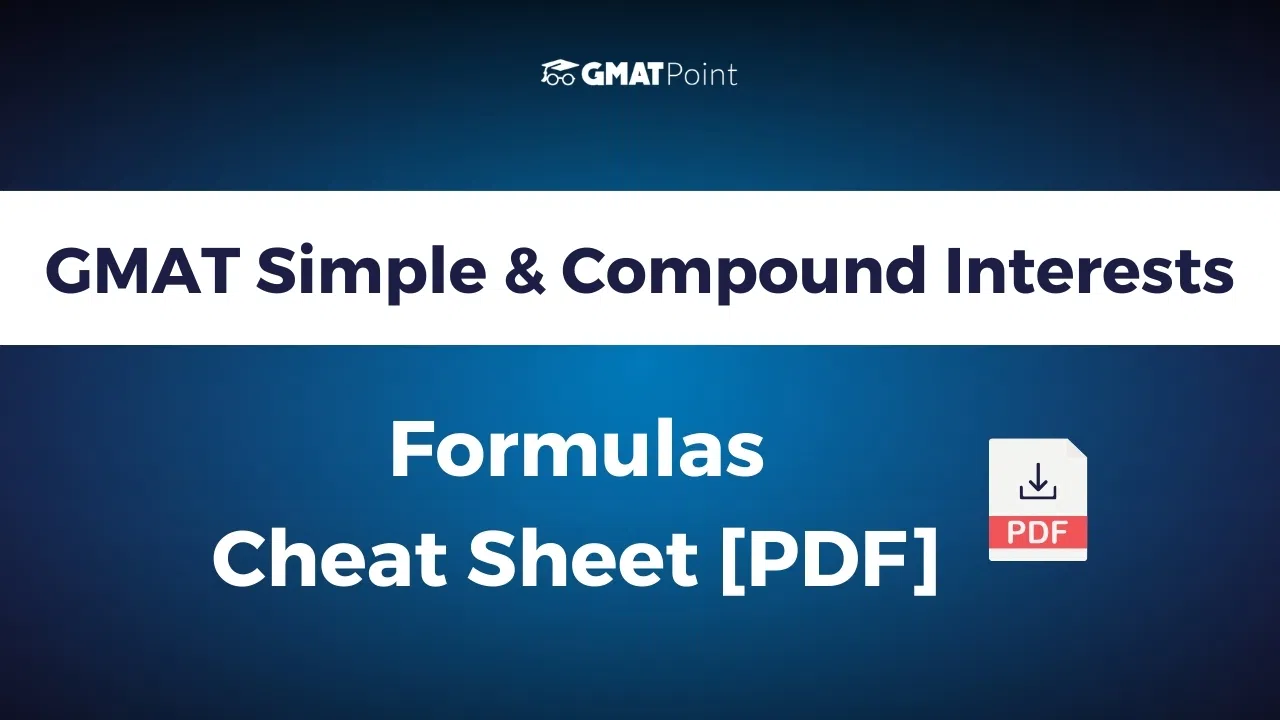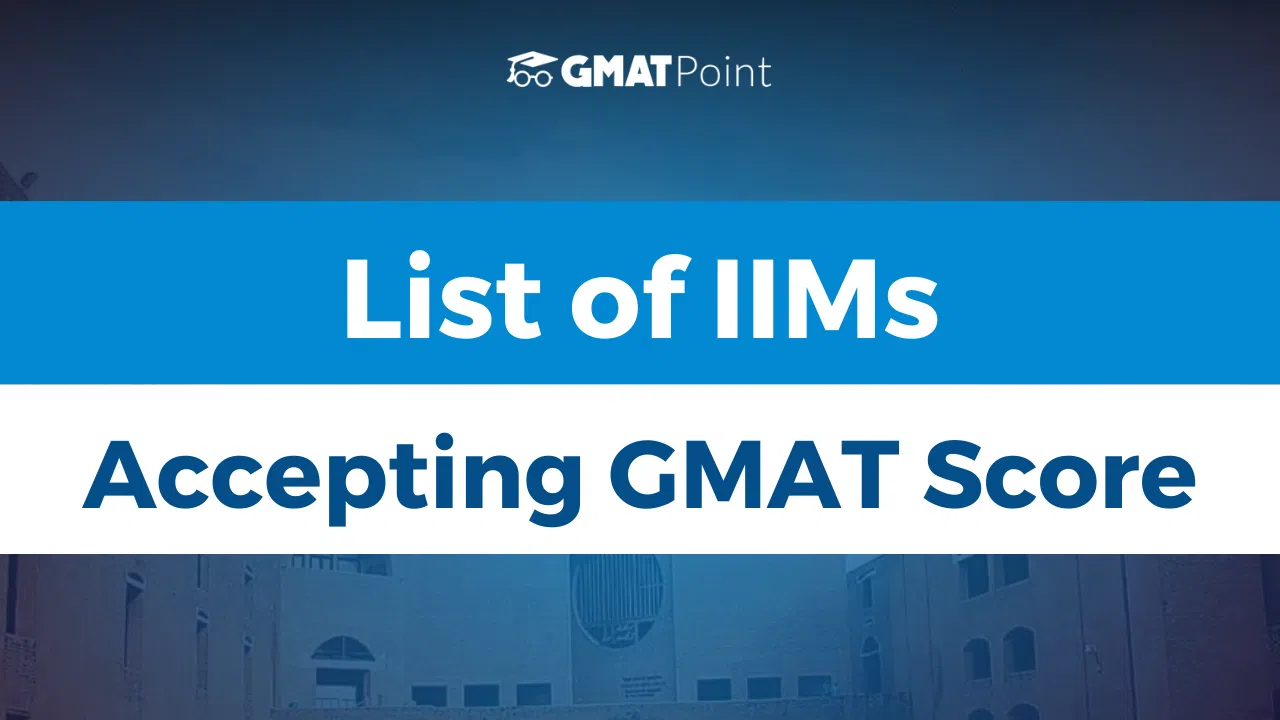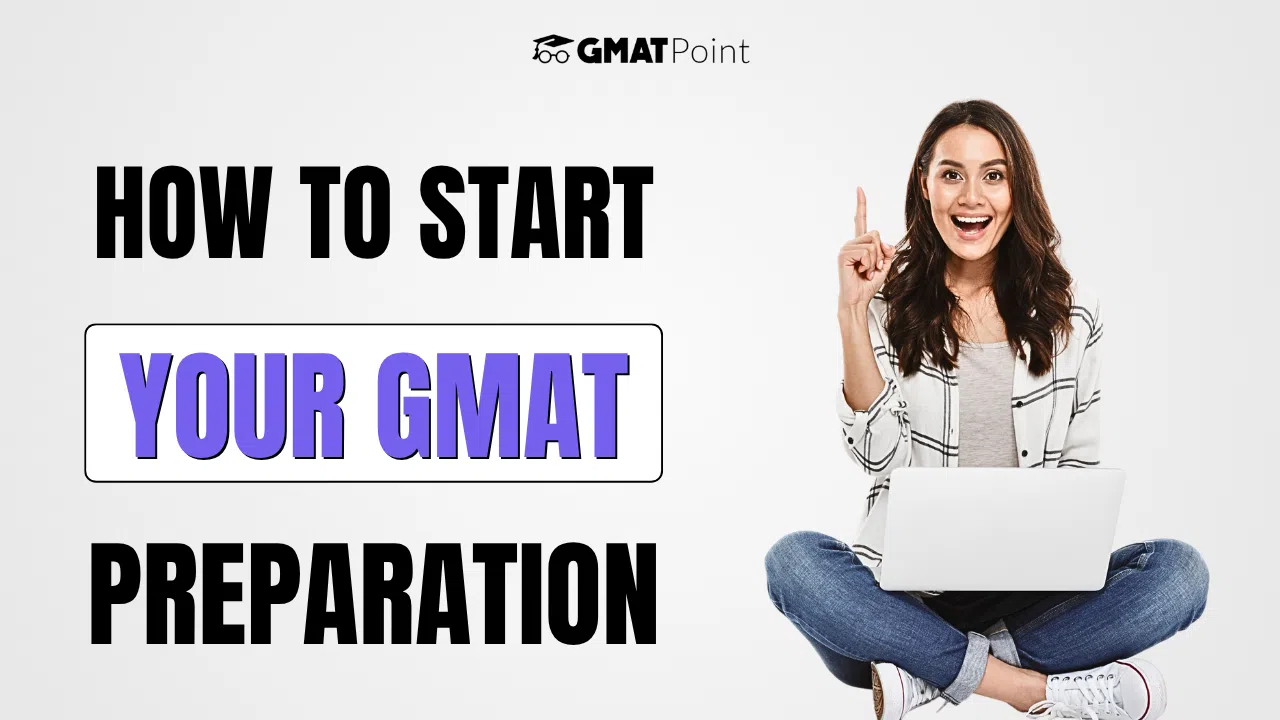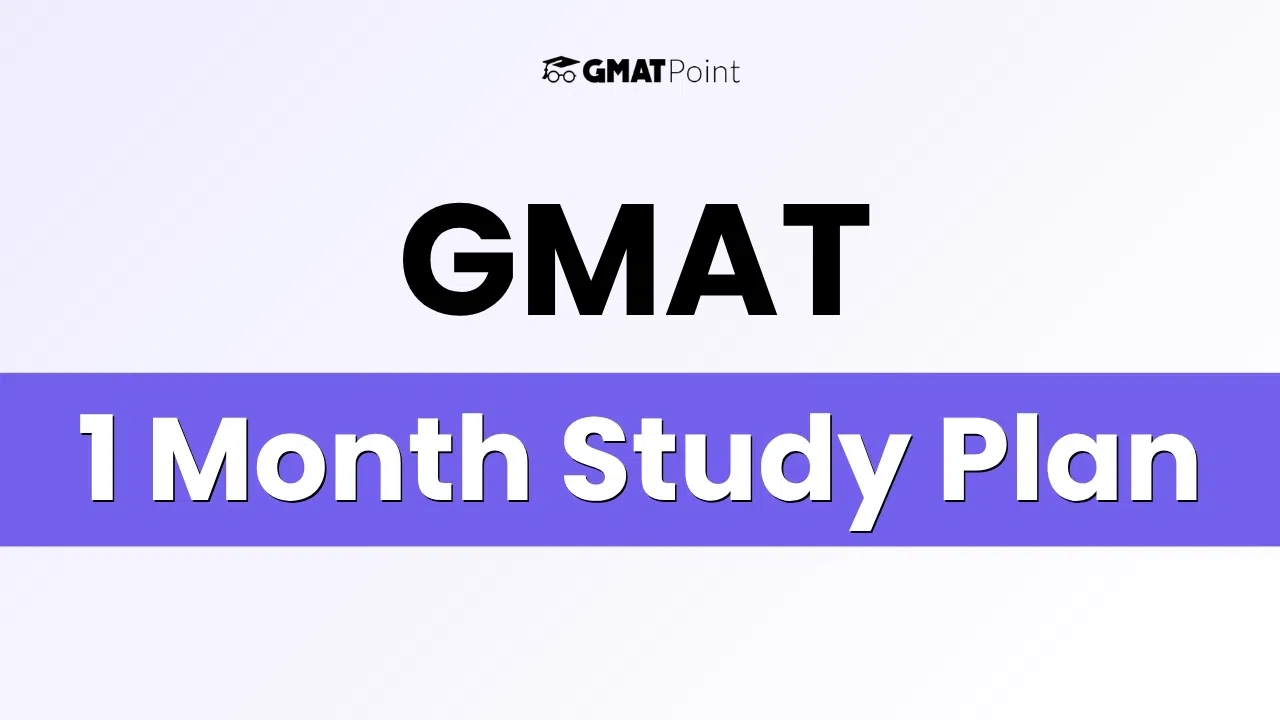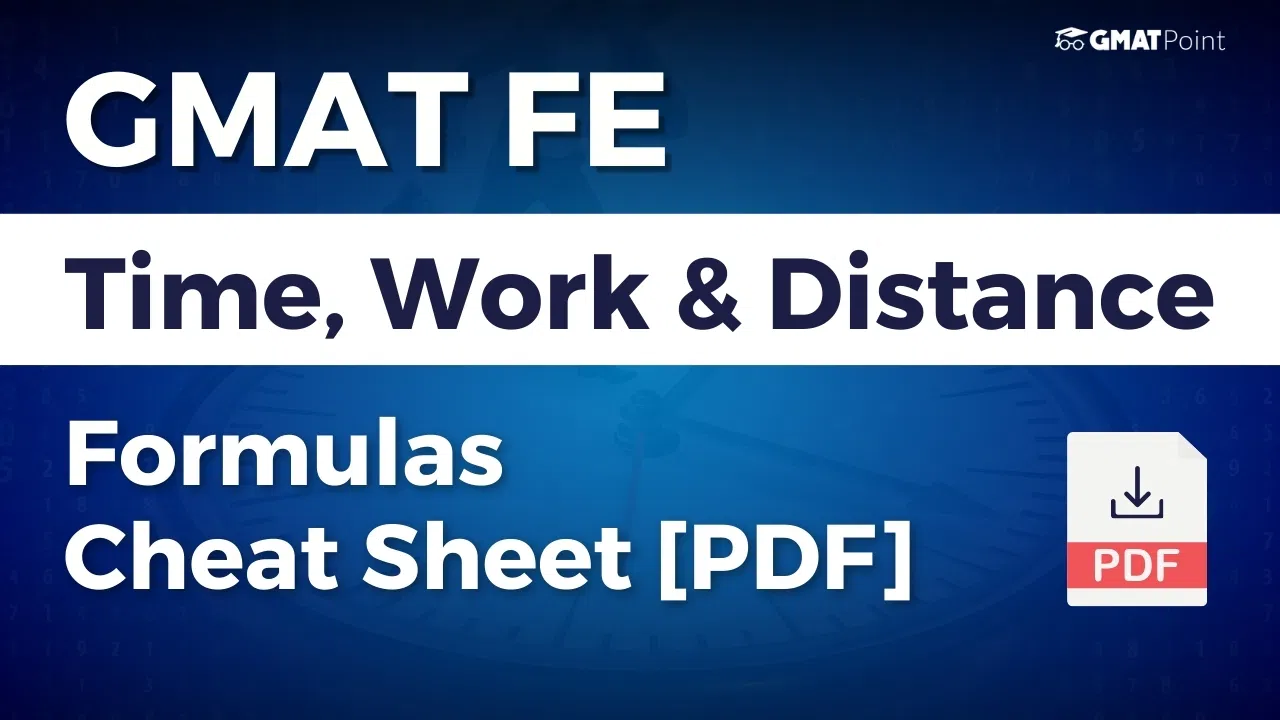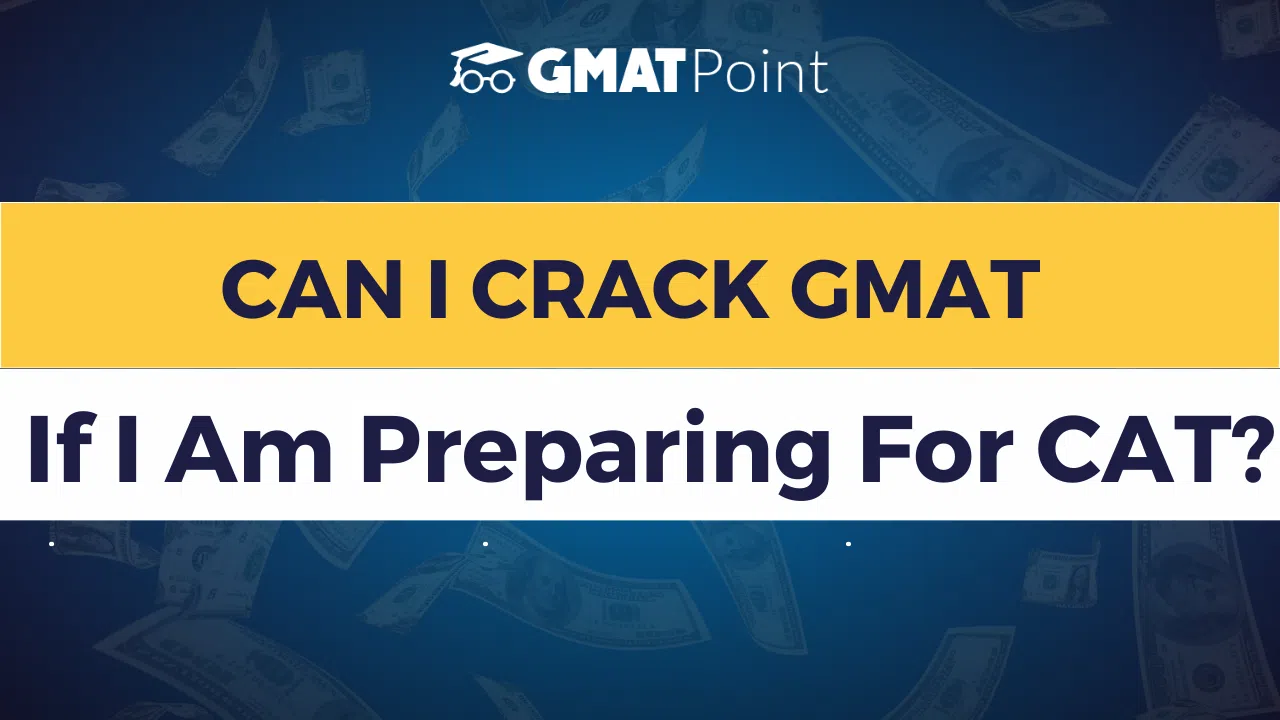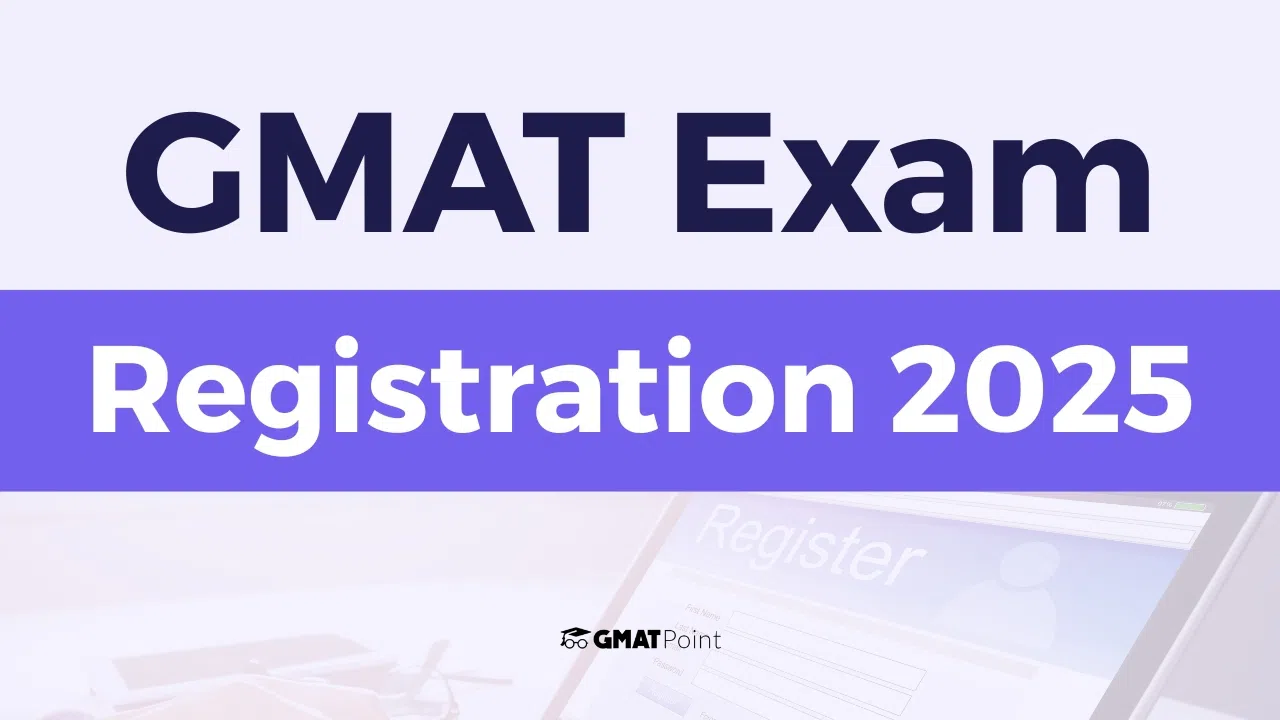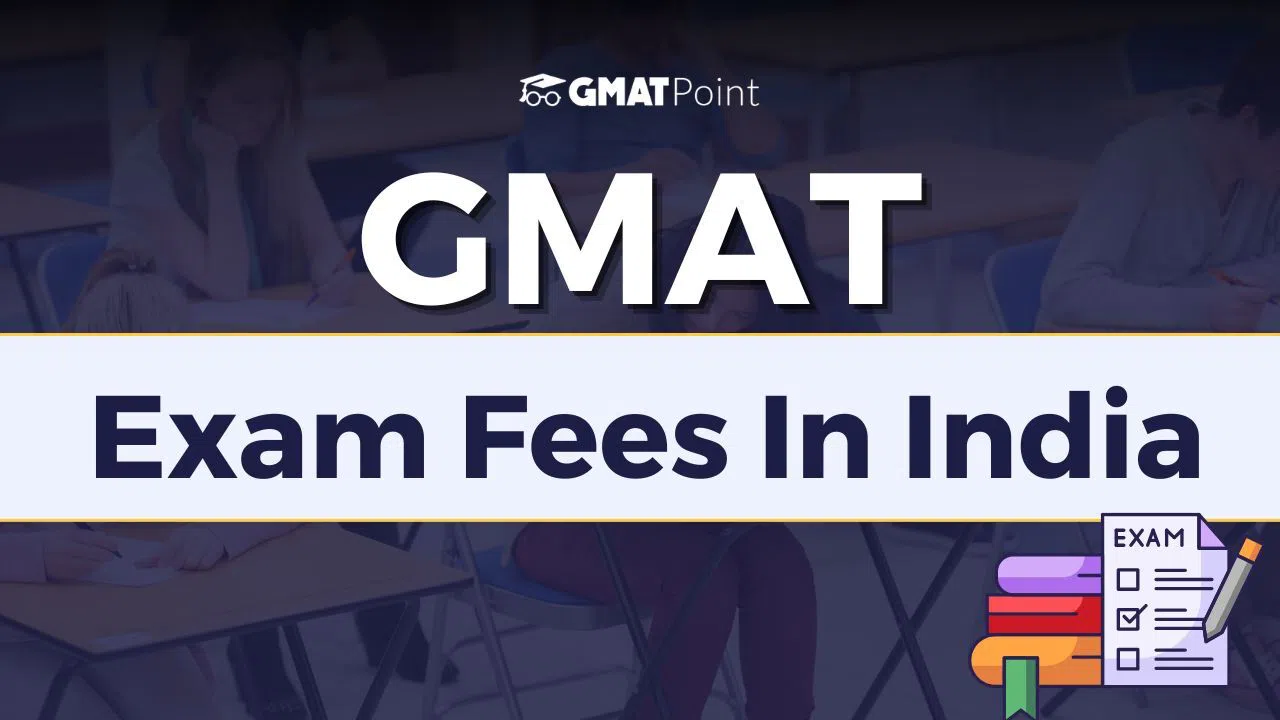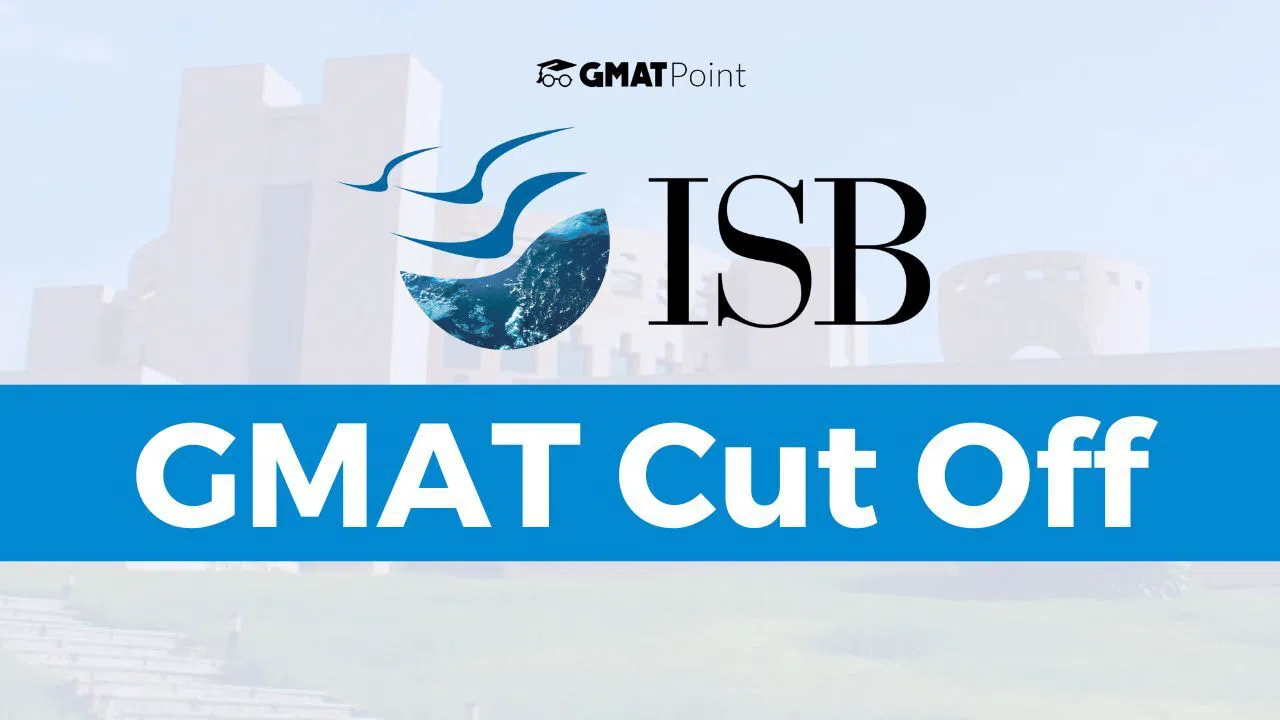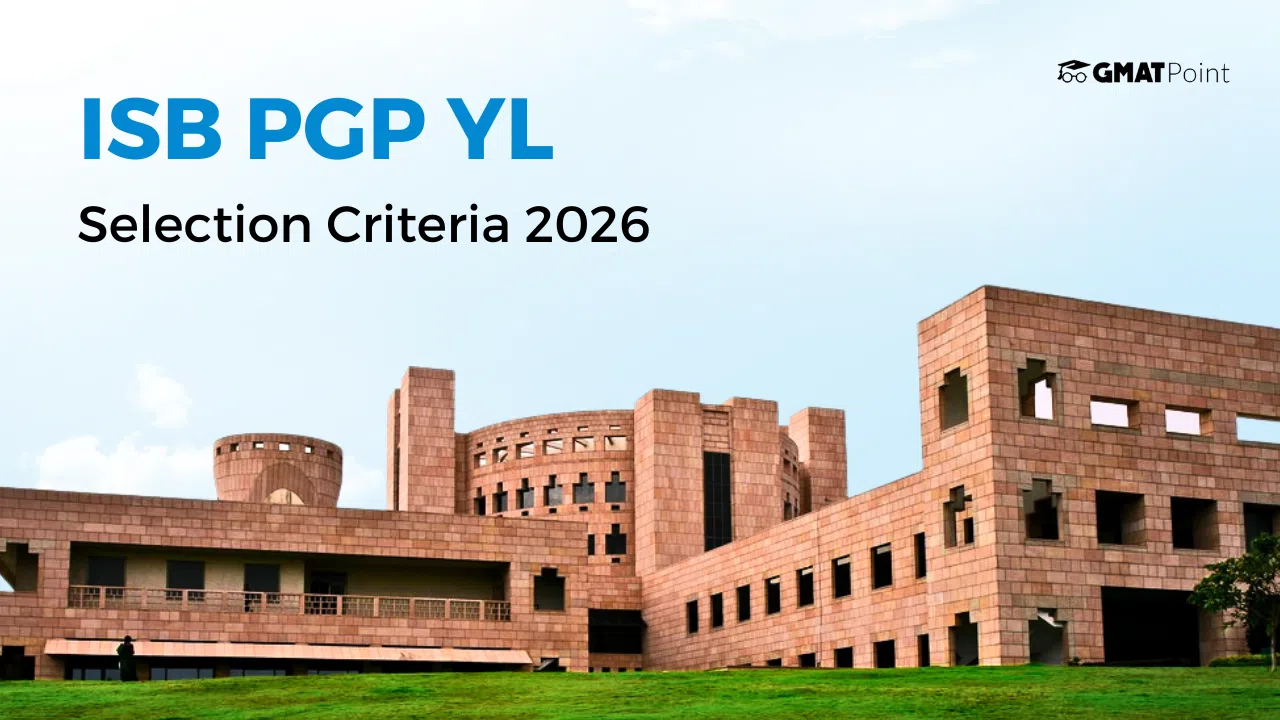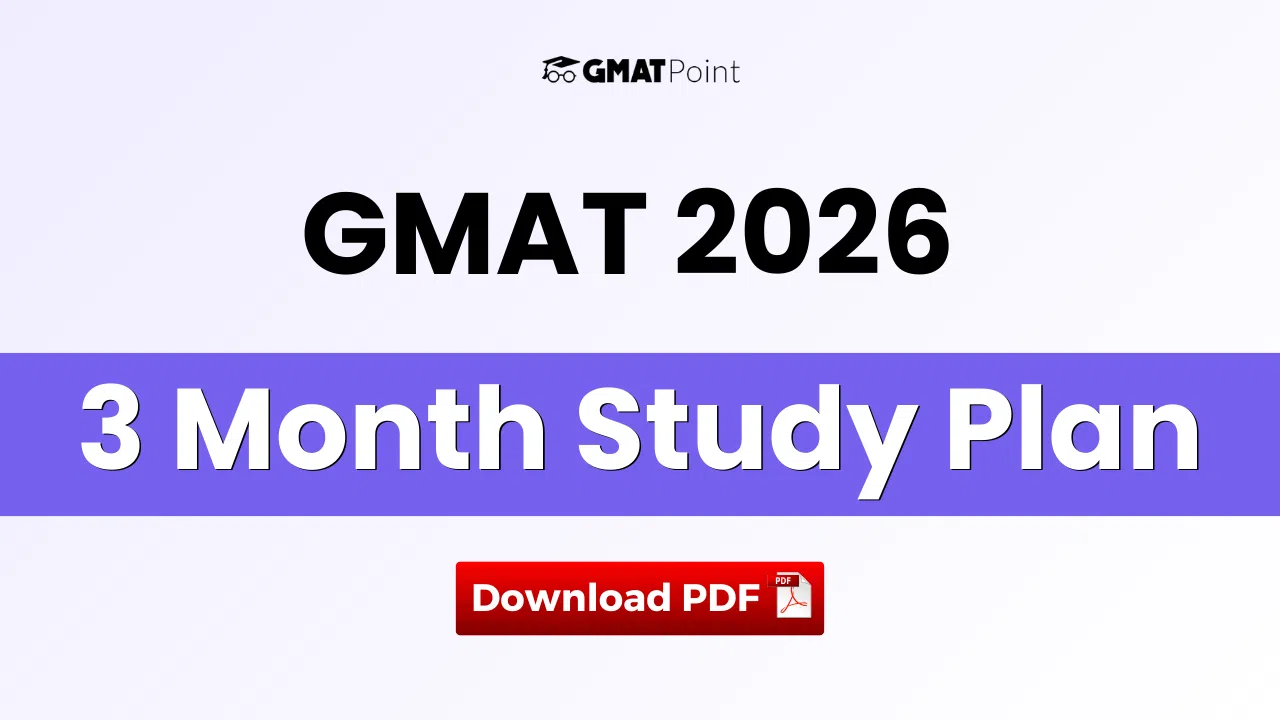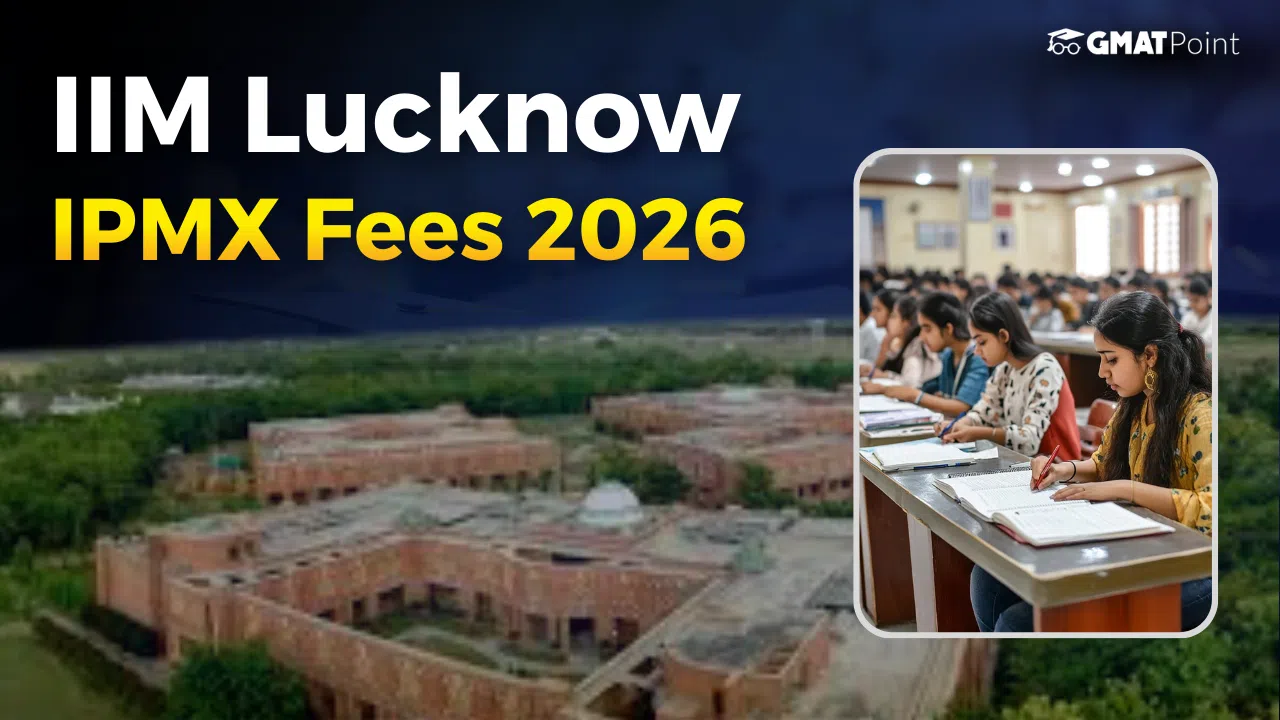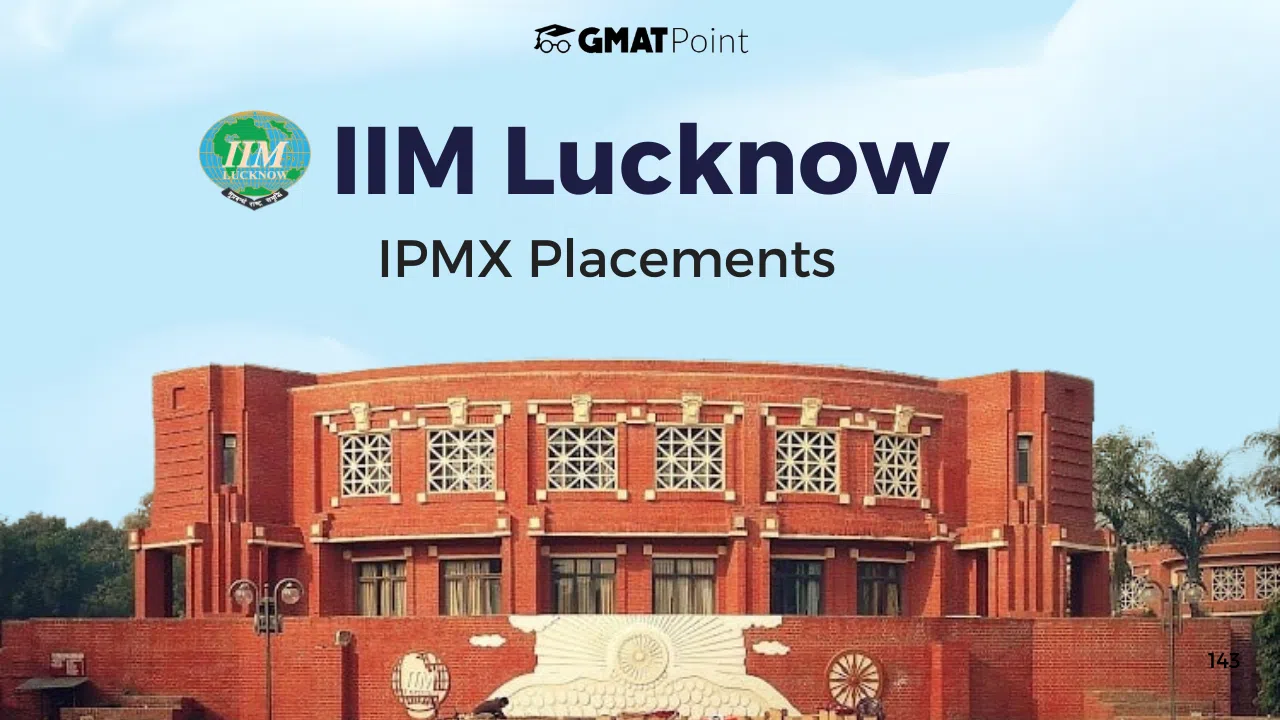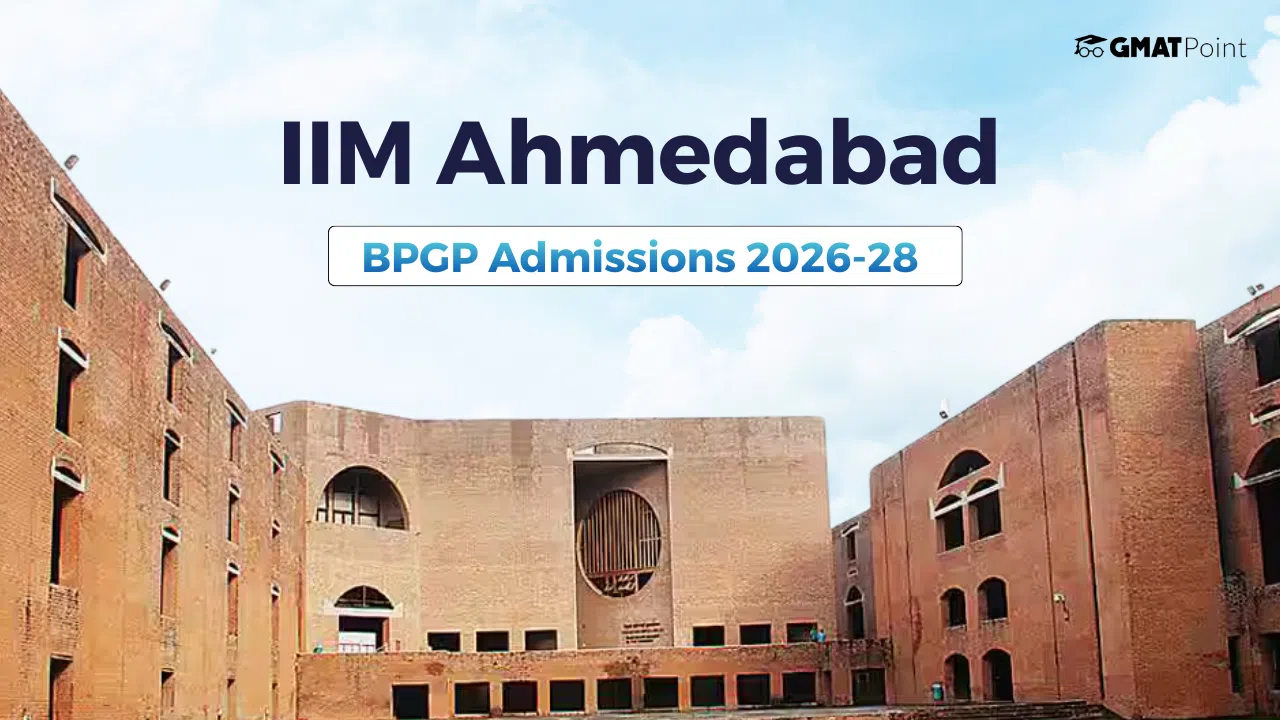GMAT Preparation From Scratch - Definitive Guide
Introduction to GMAT Examination
The GMAT is one of the most often taken MBA entrance examinations globally, and the Graduate Management Admission Council (GMAC) organises it. When starting your GMAT preparation from scratch, its very important to know more about it. It's a test known to test the analytical and critical thinking abilities of a candidate. The Graduate Management Admission Test (GMAT) is a Computer-Adaptive Test.
Every management aspirant hopes to achieve a high GMAT score that will allow them to apply to some of the best MBA schools in the world. First, one should be aware of the examination pattern clearly and have a properGMAT Preparation plan
Check out the video explanation here for GMAT Preparation from Scratch:
Structure of GMAT Examination
The beginners should know the GMAT exam structure to start their preparation in a well defined manner.
| Exam Duration | 2 hours and 15 minutes, with one optional 10-minute break (GMAT Online) |
| No. of Sections | 3 |
| No. of Questions | 64 |
| Mode of GMAT Exam | Online (candidates have the option to take at Home or at Test Centre) |
| Negative Marking | No |
Also, take GMAT Mock Test
GMAT Exam Pattern & Format
| Subject Name | No. of questions | Score | Time Limit |
| Quantitative Reasoning | 21 | 60-90 | 45 Min |
| Verbal Reasoning | 23 | 60-90 | 45 Min |
| Data Insights | 20 | 60-90 | 45 Min |
| Total | 64 | 205-805 | 2 hours and 15 minutes |
- Students interested in applying for MBA, PGDM, and other management-related programmes at colleges outside of India, in particular, will need to perform well in GMAT Exam to be considered for selection and admission to international schools.
- Because of the high level of competition, the GMAT is one of the most demanding MBA entrance exams. Aspirants must achieve a score of at least 650 out of 805 in the GMAT exam and gain admission to top management schools. With the appropriate planning and strategic approach to exam preparation, you can achieve above 650.
- Within 1-3 days* of completing the exam, you will receive a detailed Official Score Report that provides deep insights into your performance across the exam.
GMAT Eligibility
According to GMAC, the GMAT's regulating body, there are no precise eligibility requirements for taking the exam. However, before applying to any institution or university, make sure you are aware of all of the requirements.
GMAT Syllabus
Quantitative Reasoning
This section evaluates your basic knowledge of algebra and arithmetic, as well as your ability to apply that knowledge to solve problems. It consists of 21 questions that assess your understanding of fundamental mathematical concepts. These questions are designed to test your logical reasoning and analytical thinking skills, rather than your ability to perform complex calculations.
A solid grasp of arithmetic and algebraic principles is necessary, but success in this section depends more on problem-solving strategies and critical thinking. Calculators are not permitted, so all work must be done manually, relying on your conceptual understanding and reasoning abilities.
Verbal Section
This segment evaluates your capacity to read, analyze, and interpret written content while assessing your logical thinking and argument evaluation skills. You’ll encounter 23 carefully crafted questions that fall into two categories: Reading Comprehension and Critical Reasoning
Critical Reasoning
Critical Reasoning questions challenge your ability to dissect arguments, judge their validity, and propose or assess strategic plans. Each question is anchored by a brief passage—typically under 100 words—and accompanied by a prompt. You'll be asked to choose an answer that either strengthens, weakens, or exposes a flaw in the argument. In some cases, you may need to determine which option most effectively supports or undermines the author’s reasoning.
Reading Comprehension
Reading Comprehension tasks are designed to test how well you grasp the meaning of written passages. You'll be expected to:
Interpret vocabulary and statements in context,
Recognize the logical flow between major points,
Draw conclusions from provided informatio
Key areas of focus include identifying main ideas, distinguishing supporting details, making inferences, applying information to new scenarios, recognizing logical structures, and analyzing tone and writing style.
Data Insights:
The Data Insights section tests your ability to interpret and apply information from various sources—numerical, graphical, and verbal—to solve real-world business problems. It highlights digital and data literacy, a must-have skill in today’s professional landscape. You’ll face 20 questions requiring math, analysis, and reasoning, with an on-screen calculator available to support your work.
Data Sufficiency:
Data Sufficiency evaluates your skill in dissecting a quantitative problem, identifying which pieces of information are essential, and deciding when the available data is adequate to confidently solve the problem.
Table Analysis:
This segment examines applicants' ability to sort and analyse data in a table, such as a spreadsheet, to find the most critical information or the information that satisfies specified criteria.
Two-Part Analysis:
This score represents a candidate's ability to tackle complex problems. The issues can be verbal, numerical, or a combination of the two. The format is adaptable and may accommodate a wide range of topics. The ability of the applicants to solve simultaneous equations, analyse trade-offs, and discover linkages between two items is assessed.
Multi-Source Reasoning:
It evaluates candidates' ability to study data from a variety of sources, including tables, visuals, text passages, or a mix of all three, and carefully analyse each source of data in order to answer numerous questions. Candidates may be asked to make inferences, and others may demand you judge the importance of facts.
Graphics Interpretation:
It measures candidates' ability to deduce relationships and make inferences from data provided in a graph or graphical representation (scatter plot, x/y graph, bar chart, pie chart, or statistical curve distribution).
Also check , GMAT Syllabus 2025, Exam Pattern, Section-Wise Syllabus PDF
Study-plan for GMAT - Section wise
GMAT preparation from Scratch:
Candidates must focus on each part individually when preparing for the GMAT Online Test. As previously said, devoting a set amount of time each day to each portion can assist keep your mind sharp and retain crucial concepts from each section. Here are a few pointers to help you prepare for the GMAT Online Exam.
During the exam, a candidate has the option of taking one "10-minute break."
The GMAT exam is divided into three parts: the GMAT Paper Pattern, which we mentioned before. The GMAT exam is meant to assess specific skill sets in applicants. Read on to learn more about each GMAT paper pattern 2025.
- Data Insights: This section evaluates applicants' ability to analyse and evaluate data in various formats.
- Quantitative Reasoning: This section considers a candidate's ability to analyse facts and draw conclusions based on their reasoning abilities.
- Verbal Reasoning: This part assesses candidates' abilities to comprehend written material, evaluate arguments, and edit written material to meet standard English requirements.
Also check, GMAT Study Material
When is the best time to start preparing for the GMAT exam?
- Five months before the exam date is ideal for studying for a highly competitive exam like the GMAT. According to prior year exam takers, it takes about 90 days for an average mind to adjust to a timetable.
- Starting to study for the GMAT five months before the exam date gives the brain enough time to adjust to a study regimen, and applicants can use the remaining days to polish their GMAT exam preparation.
- By cramming for elongated periods rather than building the conceptual framework, they have placed an unreasonable burden on themselves. If done correctly, 10 hours per week from three months before the GMAT exam date can be more effective.
Can I take the GMAT Exam Online at Home?
The GMAT Online Test at Home option is available in most countries except China, Iran, Cuba, North Korea, and Sudan. The language of instruction for the test is just English. Test takers for the GRE can take the exam on either a Windows or a Mac Personal Computer or Laptop at home.
Registration /TEST Centres
Candidates have to register for the GMAT exam on the official website mba.com
The GMAT Exam registration fee in India is $275(which is approximately 22,000 INR). In a few European nations, the GMAT fee is $285, and in other European countries, the fee is charged in Euros or Pounds.
Also, make sure to schedule your examination at the right time. You risk missing an admission cycle if you are unable to take the test at your selected time. When registering for the exam, you should take into account the admission cycles of the colleges you've chosen.
Join Telegram Channel
Preparation tips for GMAT Examination
- Start a video preparation series so that you can understand each and every concept clearly.
- After that, solve a lot of questions and Make notes for the concepts you learned so that when you want to revise a particular topic don't need to watch the whole video. Just looking at notes, you can understand the entire concept.
- Do as many problems and questions as you can so that by the end of each concept, you will be able to learn the concept as well as tricks to solve certain problems.
- Taking Mock Tests Regularly before you taking the GMAT examinations so that you can know the mistakes and weaker areas
- After this next step is to schedule your exam after you've established a timeline for your exam preparation. Don't put off planning your exam until the last minute. The GMAT is a tremendously popular exam, with seats typically being reserved months in advance.
- As soon as you've created your study timetable, you should schedule your examination. You risk missing an admission cycle if you are unable to take the test at your selected time.
If you are starting your GMAT preparation from scratch, you should definitely checkout the GMATPOINT
